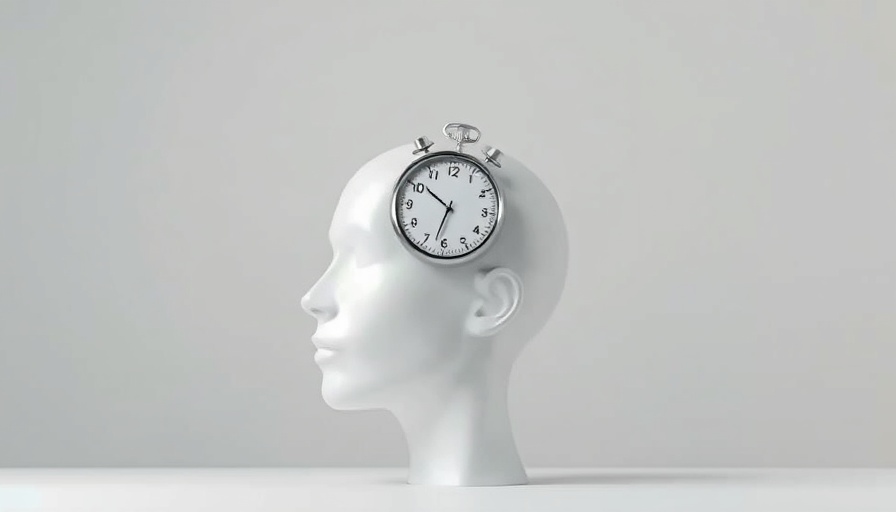
Your Child's Safety: The Importance of Mental Health Monitoring
In a world where mental health challenges are becoming increasingly prevalent among youth, the role of innovative tools such as Mirror cannot be overlooked. With statistics from the CDC indicating that one-third of high school students are besieged by persistent feelings of sadness or hopelessness, measures to support children's mental health are more crucial than ever. As parents and caregivers, understanding these dynamics sets the stage for early intervention and support.
Understanding Crisis Detection Features
Mirror encompasses advanced crisis detection features that alert users to potential emotional distress without imposing. By recognizing specific linguistic patterns in journal entries, these crisis detection protocols pinpoint when a young individual might be grappling with severe emotions, including thoughts of self-harm or deep hopelessness.
Empowering Youth with Privacy
Fundamentally, the Mirror platform is built around respect for user privacy. Unlike monitoring systems that invade personal space, Mirror discreetly encourages reflection and support, ensuring users remain in control. If a concerning entry is detected, the system does not diagnose but instead offers help, reinforcing the idea that help is available without unwanted pressure.
The Need for Non-Judgmental Support
Today's youth often struggles in silence. Statistics reveal that nearly 20% of high school students contemplate suicide, while over 10% attempt it. For many, reaching out for help is a daunting task. Mirror's design counters this challenge by providing low-pressure options for support, enabling teens to access resources like the Crisis Text Line without feeling judged or stigmatized.
The Role of Journaling in Mental Health
At its core, journaling holds transformative potential in mental health management for youth. It creates a safe environment for emotional expression and self-exploration, giving voice to struggles that may remain unspoken. As young people navigate their feelings, tools like Mirror serve as supplementary resources, offering guidance and assistance precisely when it is needed most.
If you are interested in learning more about how Mirror can aid in improving children's mental health or wish to explore other resources provided by the Child Mind Institute, download the app today to embark on a journey towards mental wellness.
 Add Row
Add Row  Add
Add 




Write A Comment